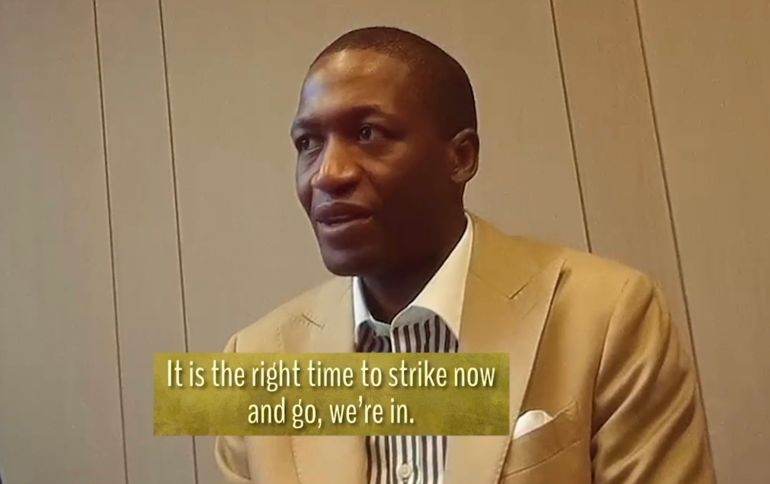The Reserve Bank of Zimbabwe’s Financial Intelligence Unit (FIU) recently directed financial institutions to unfreeze all the accounts and other financial assets belonging to individuals who were implicated in alleged smuggling and money laundering by Al Jazeera’s documentary series that premiered in March.
This move, however, is not a positive one, but rather indicative of Zimbabwe’s catch-and-release approach to high-level corruption.
The four individuals whose accounts were frozen are Cleopas Chidodo, David Chirozvi, Mehlululi Dube, and Fredrick Kunaka, all Zimbabwean nationals, who made statements in the documentary series titled “Gold Mafia” admitting to accepting money to assist a gold-smuggling and money laundering scheme.
State media reports in early April also indicated that the RBZ had directed that accounts belonging to Ewan McMillan, Kamlesh Pattni, Uebert Angel, and Simon Rudland should be frozen as well.
The RBZ’s initial move to freeze the accounts was a step in the right direction as it aimed to prevent the dissipation of illicit proceeds connected to the allegations in the documentary and prejudice potential future investigations.
However, the recent directive to unfreeze the accounts raises questions about the government’s willingness to tackle corruption at high levels.
The catch-and-release approach to corruption in Zimbabwe is not new. High-level allegations of corruption have always been swept under the rug, and the public now calls any such acts “catch and release.” Corruption has become endemic, with little to no effort to eradicate it.
Zimbabwe’s institutions have failed to hold corrupt officials accountable, and this unfreezing of bank accounts may be yet another missed opportunity to demonstrate that corruption will not be tolerated.
The lack of enthusiasm on the government’s part in confronting allegations mentioned in the Al Jazeera documentary only confirms this perception.
Zimbabwe has a long history of covering up corruption scandals, with government officials seemingly untouchable. This approach sends a message that there are no consequences for such actions, and the culture of corruption continues to thrive.
It is essential to note that some of the allegations in the documentary relate to money laundering and financial crimes alleged to have taken place outside Zimbabwe’s borders.
The FIU has said that it stands ready if so requested, and is indeed mandated to cooperate with any international investigations against any of the persons or entities mentioned in the documentary.
They have also said, rather dubiously, that the unfreezing action is without prejudice to any further investigations that law enforcement agencies may wish to commence or continue against any of the persons involved.
It is however imperative that the Zimbabwean government shows a genuine commitment to combating corruption and ensure that the rule of law is upheld. The unfreezing of the bank accounts of those mentioned in the Al Jazeera documentary is just one example of Zimbabwe’s catch-and-release approach to corruption, which needs to stop.
The government must take bold steps to address corruption, hold officials accountable for their actions, and create a culture where corrupt practices are not tolerated. This is essential for the country’s economic development and reputation.
If the government does not act decisively, Zimbabwe will continue to be perceived as a country where corruption is rampant, and the potential for economic growth will remain limited.
Source | Zimpricecheck

For comments, Feedback and Opinions do get in touch with our editor on WhatsApp: +44 7949 297606.
